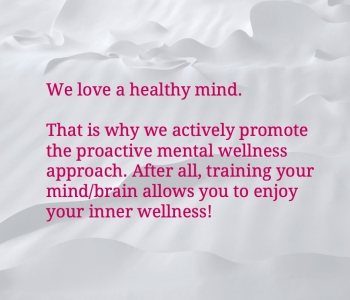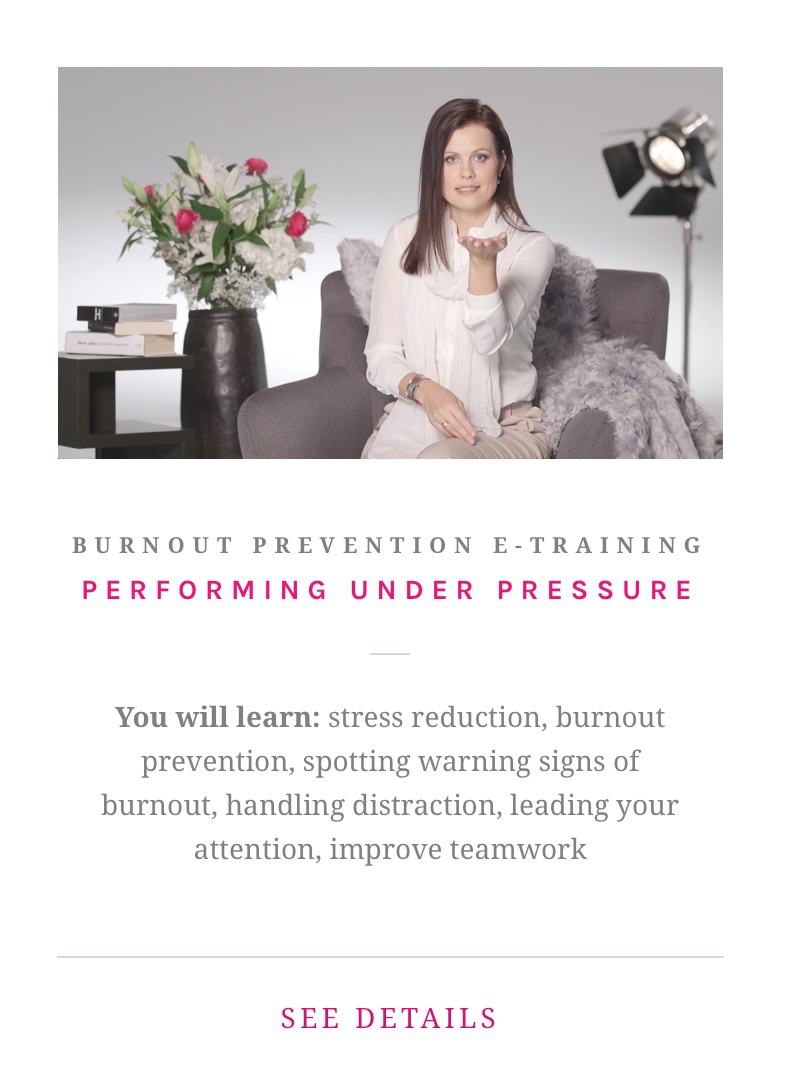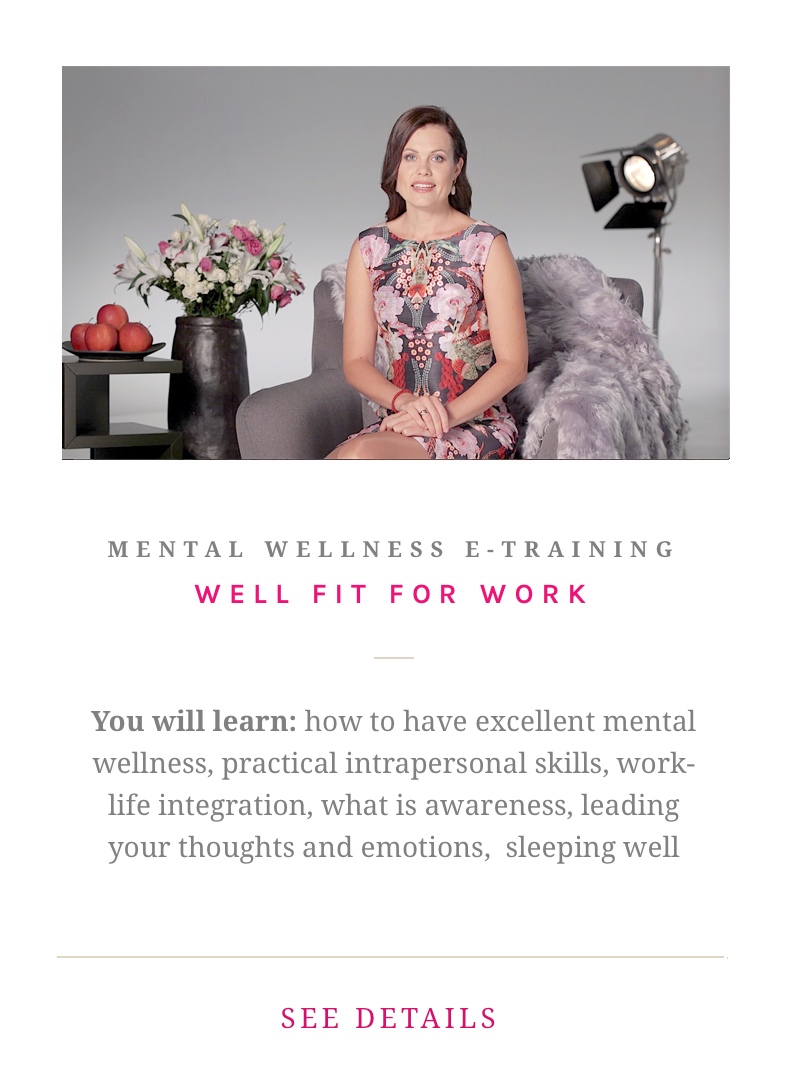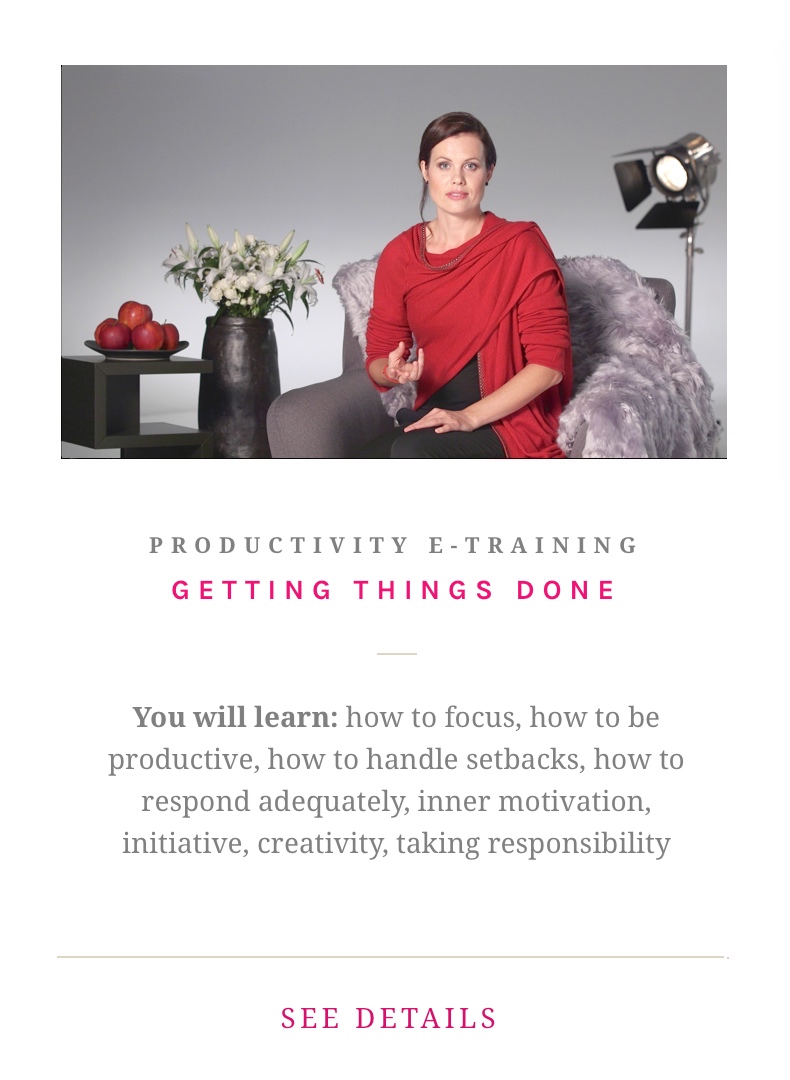A Guide to Getting Things Done with Mentally Strong Employees
In today's fast-paced work and business environments, the phrase "getting things done" resonates more than ever. We sincerely hope employers are increasingly noticing the importance of not only achieving tasks but also nurturing mentally strong employees who can navigate challenges with remarkable resilience.
Raising employee mental resilience should now be the focal point in creating a workplace that prioritizes proactive mental wellness.
Getting things done is not just about completing tasks on time. It's also about ensuring employees can manage their workload while maintaining mental well-being and good human regulations. Intrapersonal skills are here the key and pave the path to good interpersonal skills.
A mentally strong workforce is an invaluable asset to any workplace, contributing to productivity and overall success and sustainability of the business.
Raising employee mental resilience involves a multifaceted approach that starts with fostering a culture of open communication and support.
Leaders and HR managers should gently encourage employees to discuss openly about their mental health and provide necessary resources for seeking help when required. Fostering a stigma-free environment allows individuals to address mental health concerns without well-founded fear of judgment.
However, now it is time to take it further and actively promote the proactive approach to mental wellness. We all have minds and if we desire to see creativity and initiative those minds need personal skills how to stay well. However, our schools have lacked intrapersonal education.
Today it is critical to fill this cap of knowledge and provide employees with an unique opportunity to acquire intrapersonal skills. Leading yourself is the key to personal sustainability and good work results at the same time.
How to achieve the goal of mentally strong employees?
To achieve the goal of mentally strong employees, workplaces can secure convenient access to proactive mental wellness training programs. To secure efficiency, such programs need to focus on stress management, burnout prevention and training self-leadership skills.
|
While mindfulness allows you to remain present and calm yourself, we today need more active approaches. It is the active use of awareness and possession of awareness-based intrapersonal skills that allows you to see great work results without paying a toll on mental wellness.
Efficient mental wellness training programs contribute to a positive and collaborative work environment by improving intrapersonal skills. Only when you understand what is going on within your own mind will, you obtain the power to lead emotions, thoughts and imaginations.
Mentally strong employees feel empowered, which is why raising employee mental resilience proactively for your whole team matters.
What are the benefits of raising employee mental resilience?
Excellent employee engagement represents the outcome of mental wellness.
Why?
A fit mind is focused and works well. A stressed mind, on the other hand, makes errors and travels on the path towards burnout and mental health problems. No work-related mental health issue appeared overnight.
A calm and resilient mind is capable of remaining an observer and staying solution-centric no matter what is the challenge. The more difficult the situation, the greater the dividends from training your mind. Deloitte has calculated tenfold ROI in the case of workplace-wide proactive mental wellness investments.
By investing in the mental well-being of their employees early on, employers lay the foundation for a resilient team. Such teams can effectively tackle tasks while still being able to secure a healthy work-life integration for each team member.
Once people understand how to restore their own mental wellbeing, they are happy to see that others in their team do the same. They know that stressed employees have a harmful effect on others, while a thriving and creative employee has a huge positive impact on others and work results.
Slow is efficient in case of mental resilience
Work efficiency should be looked at in the context of mental wellbeing, and here sometimes taking it slower gets you much further.
The current work culture that is busy, stressed and burns people out isn't sustainable and that is why most talented people often leave employers. Regardless of their position and career results. They rather change their profession than experience burnout again.
A proactive mental wellness approach needs to involve much more than merely reacting to mental health challenges when they arise. Mental health first aid in this context is a reactive, not a proactive approach.
Proactive mental wellness as a strategy
It requires a strategic and ongoing effort to build a workplace culture that prioritizes mental health from the outset.
This includes providing easy-to-use professionally developed resources such as training programs and offering mental health days when people feel unwell. Flexible work arrangements also represent a solution. Exclusively when you allow people to perceive their life as a whole are they willingly contributing to meaningful tasks that they perform at work.
Meaningful work benefits extend far beyond traditional compensation packages, playing a pivotal role in employee satisfaction and retention. Employees discover profound value in benefits that align with their personal and professional values, fostering a sense of purpose and fulfillment in their roles.
Excellent mind health allows people to seize the initiative in their professional skill development. When talents, who have both intrapersonal and professional skills, meet it creates a workplace where employees can feel engaged and love to work.
Good intrapersonal skills boost the easiness of explaining things without losing your nerve and allow also to spot errors, properly adjust actions and be creative.
When employees train their minds to be fit and well, they are more likely to be proactive in addressing issues before they escalate. But more than that, they become proactive in taking initiative and this delivers good work results even with limited recourses.
Getting things done and raising employee mental resilience go hand in hand.
Employers can positively enhance productivity by fostering an environment that values mental health and equips employees with the tools to navigate the complexities of modern work life.
Proactive mental wellness initiatives not only benefit individuals but equally contribute to a positive workplace culture that attracts and retains top talent.
Conclusion
The key to achieving tasks and maintaining a healthy work environment lies in recognizing the symbiotic relationship between getting things done and nurturing mentally strong employees.
Raising employee mental resilience through proactive mental wellness initiatives is an investment in the long-term success of both individuals and the organization as a whole. As businesses evolve, prioritizing mental wellness becomes not just a choice but a strategic imperative for fostering a resilient and high-performing workforce.
|






.jpg)
